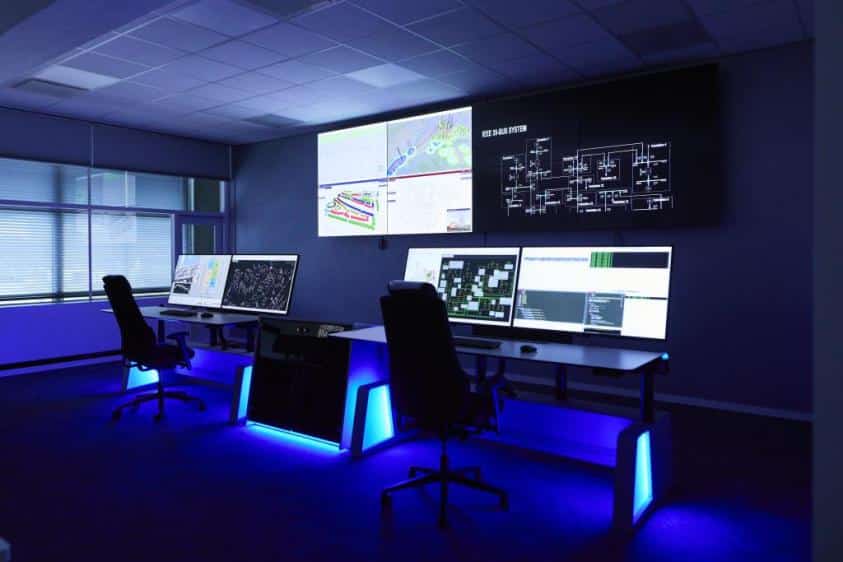Preventing cascading failures and restoring interconnected power grids
Preventing cascading failures and restoring interconnected power grids
Delft, Netherlands
Lead: TenneTTNOEuropean Network for Cyber SecurityDNVDelft University of TechnologyCIRCE
Control Room of the Future Development of power grid digital twins Decision support Algorithms and strategies for secure grid operation modes Self-healing grid capabilities Reactive and preventive actions for self-healing reaction techniques

Demo 2, hosted in the Netherlands, aims to secure the interconnected power grids in Europe and make them resilient to cyber attacks, maintenance faults, terrorism, natural hazards or similar related events (at infrastructure, hardware, software and organisational levels). It will demonstrate strategies and tools to defend, prevent, respond and mitigate disturbances, contain cascading failures to avoid a blackout, and restore the interconnected power grids from a European-wide blackout.
A Control Room of the Future (CRoF) for TSOs at TU Delft will be used to jointly train Computer Security Incident Response Team (CSIRT) and power grid operators in the developed solutions and strategies through red/blue team exercises and power grid operation scenarios under emergency, blackout and restorative conditions.
A digital twin of the power grid will be developed using open data, common and future grid components, and standards. The focus is on interconnected power grids at the TSO level, including interfaces with DSOs. The demo encompasses the simulation of the TenneT transmission system of the Netherlands and parts of Germany using the digital twin in CRoF at TU Delft.
Demonstration of a real-time digital twin of interconnected power grids, used for advanced assessment of threats and the effects of cascading failures. The digital twin will allow further development of methods for assessing the impacts of cyber attacks and failures, as well as examining the effectiveness of the detection and mitigation measures.
Building operational resilience to various attacks and failures. To accomplish this, eFORT will develop incident response and business continuity strategies for TSOs, a communication infrastructure and a security platform.
Increasing system resilience through power grid self-healing and decision support techniques for Operational Technology (OT) recovery and power system restoration. The developed techniques will ensure grid resilience at both cyber and physical system layers.


TenneT & TU Delft
Alex Stefanov: A.I.Stefanov@tudelft.nl